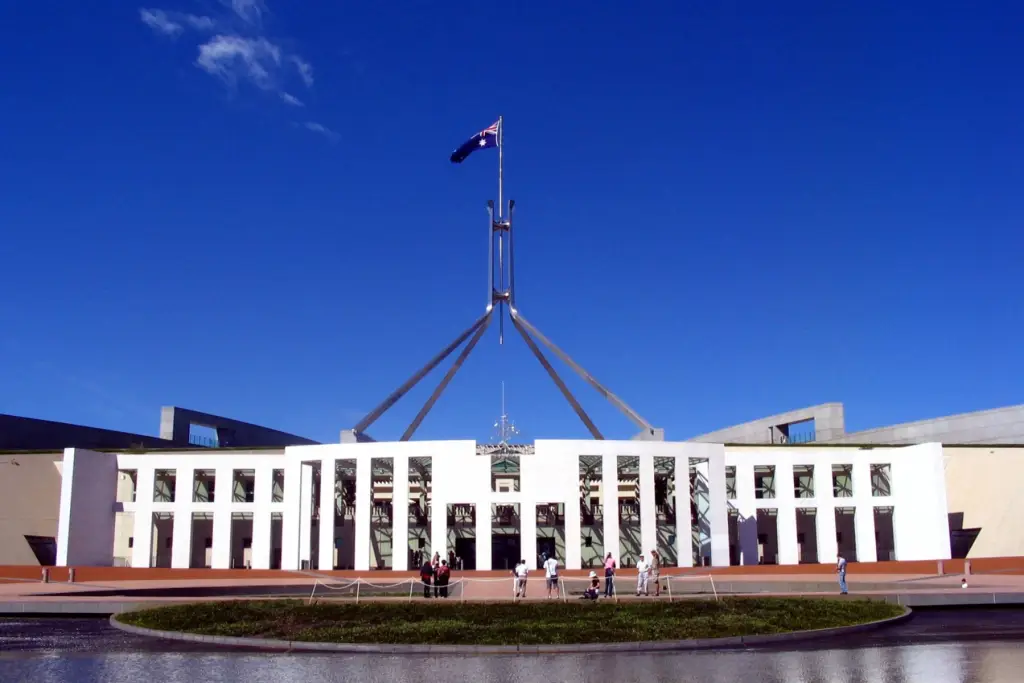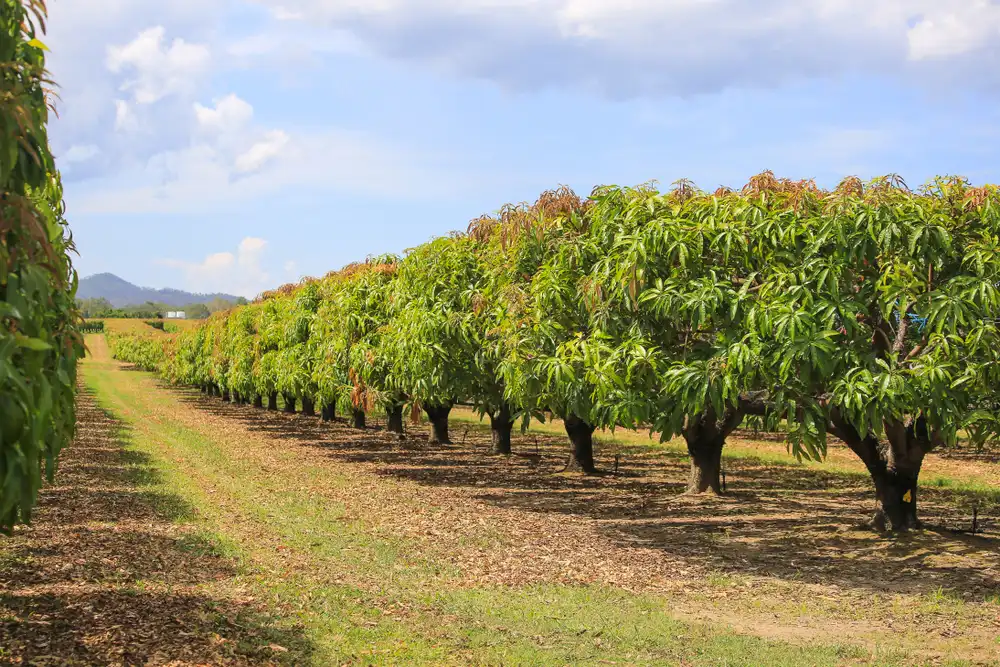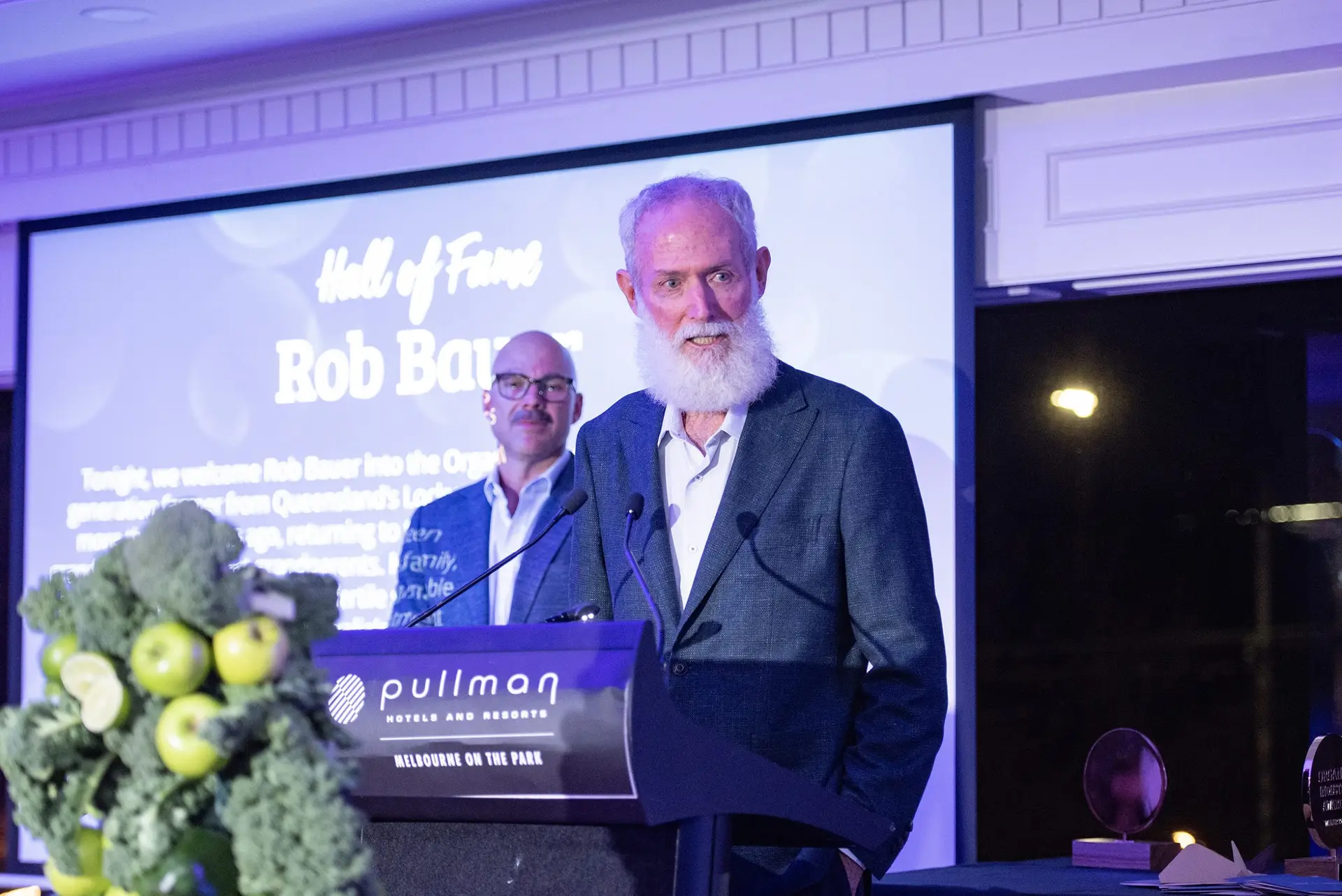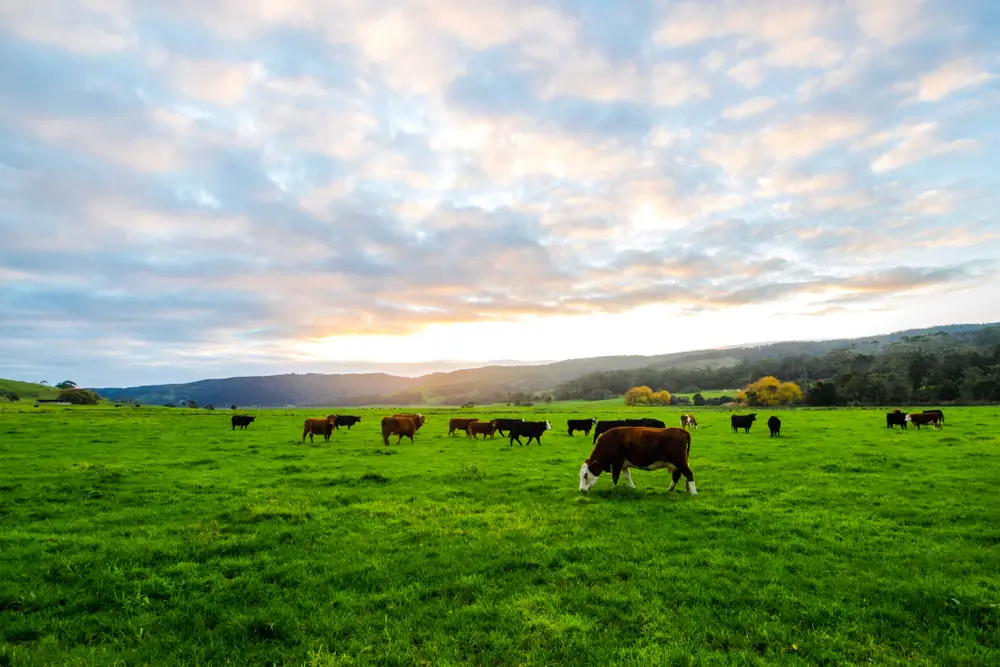The Organic Development Group (ODG), representing more than 90 per cent of Australia’s organic industry and certification bodies, has welcomed commitments made by the major parties ahead of an election critical to the sector’s future.
The nation’s organic industry contributes more than $2.6b a year to the economy, supports 22,000 jobs and is a valuable export earner, yet needs policy support to unlock further growth.
The ODG has commended some positive responses to its election priorities, which include a call for domestic regulation, improved data collection to more accurately assess the contribution of the sector, and greater market access, but notes that more support is needed as Australia continues to fall behind international commitments to organic agriculture.
Domestic regulation receives strong support from Coalition and Greens
The Coalition and the Australian Greens have each backed the introduction of a legislated definition of the word “organic”. The move would close a loophole that currently allows products to carry an organic label in Australia with as little as two per cent certified organic content, leaving the industry open to greenwashing from non-certified producers making false statements on packaging.
Members of the ODG have long lobbied for change to close this loophole to protect consumers from any misleading claims and also protect the thousands of Australian producers who go through the rigorous process of official certification. The proposed change would also bring the domestic market into line with the export standard, which requires products to have at least 95 per cent certified organic content to be labelled ‘organic’.
The Coalition has responded to the ODG election priority to pledge a Coalition government would commit $1.6m in initial funding, and $400,000 ongoing, to implement the standard.
Jackie Brian, Chief Executive Officer of Australian Organic Limited, thanked the Coalition and the Greens for this commitment to domestic regulation.
“The support from the Coalition and Greens shows that these parties have listened to Australian organic operators who have long called for the introduction of domestic regulation for the organic industry”
In its response, the Australian Labor said a re-elected Albanese Government would be “open to working with industry on a domestic regulation” that does not “unfairly burden small farmers, pass excessive costs onto consumers or fall foul of our international obligations”.
Ms Brian, said she hoped more concrete steps were to come. “While the Labor Party has opened the door to domestic regulation, which is a welcome step, the industry really needs them to make a firm commitment,” Ms Brian said.
“We have had multiple reports from parliamentary inquiries on the benefits of domestic regulation, which is also backed by overwhelming industry support.”
Pledges to improve market access
Domestic regulation also has the potential to expand lucrative markets and boost exports. All three parties have responded to the market access priority by highlighting the importance of market access measures for the organic industry.
The Coalition noted one of the key drivers for the domestic regulation is to enable equivalency negotiations to commence in markets,
The Greens have pledged $20m to pursue greater market access, industry growth and research into organics. While acknowledging the help they are providing certified organic operators to open new domestic and international markets.
The ALP has pointed to current positive developments such as the recently signed Statement of Intent on Organics with China, and negotiations for an upgraded Organics Equivalency arrangement with the EU, as well as a Mutual Recognition Agreement with India.
Improved data collection and investment in research
The ODG believes important data about the sector is lacking, including its growth, impact and sustainability credentials, and fails to capture the national environmental priorities that are byproducts of organic farming principles such as improved water quality, carbon storage and biodiversity.
“To be certified as organic, farms are required to have at least five per cent of land set aside for biodiversity so given Australia has the world’s largest share of certified organic farmland, our industry is leading the way on biodiversity, yet this is not recognised, let alone quantified, at a national level,” Ms Brian said.
“Likewise, organic farming principles have been shown to impact positively on soil organic carbon levels, which we know is an important lever in achieving the national commitment to net zero emissions.”
Improved data collection would give the industry proof points that could assist government decision making for the benefit of the environment and the national economy. In addition to its $20m fund for market access, industry growth and research, the Greens have committed a further $1 million over five years to collect revenue data as part of the broader agriculture industry.
Neither the ALP or the Coalition provided any reference to supporting funding for data collection in their response.
The ODG and its members will continue to work constructively with all parties to pursue its key priorities, including a commitment to the highest standards in traceability, which are being threatened by proposed changes to legislation with respect to gene editing.
“We are at a critical juncture, nationally and internationally, in economic and trade terms so it’s vital our governments get the policy settings right,” Ms Brian said.
“There are quite literally thousands of certified organic producers who are politically engaged and looking for leadership, so we look forward to our political parties creating an environment that will propel our industry to new heights.”
To see the political parties’ full responses to the ODG’s election priorities, which will be updated throughout the federal election campaign, head to the AOL website: https://austorganic.com/2025-election-priorities-for-organics/





